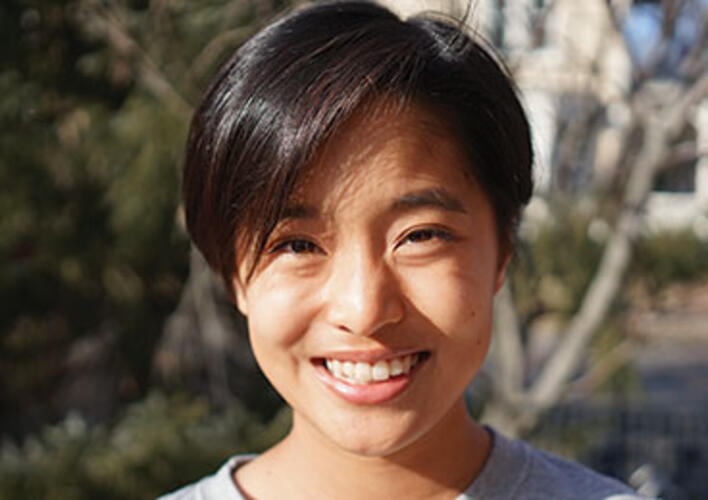Learning to Adapt
As some longtime clients drop away, the Press Club tries to stay relevant
For generations, the University Press Club has had an unofficial motto: “Write well. Get paid.” While the first part of that motto has remained unchanged, the shifting landscape of modern journalism has made the second problematic.
Since its founding in 1900, the Press Club has been a student-run journalism bureau whose members cover campus and local news as stringers for area news organizations. Press Club alumni include economist Alan Blinder ’67, former White House press secretary Mike McCurry ’76, and New Yorker editor David Remnick ’81.
In recent years, however, many longstanding Press Club clients have cut their budgets for freelance writers or reduced their coverage of local news. Even larger papers such as The New York Times and The Philadelphia Inquirer no longer use students to write summaries of Princeton football or basketball games or report on campus lectures, for example. “That is the existential crisis that the Press Club was facing over the last 10 years,” explained Dan Grech ’99, a vice president at the software startup OfferCraft and the club’s former alumni advisory board chair.To address that crisis, two years ago the club hired Krystal Knapp as a paid “business coach,” her salary covered by an endowment, Grech said. Knapp is the founder of Planet Princeton, a “hyper-local” website covering campus and local news, and a former reporter for The Times of Trenton.
In addition to overseeing development of a new club website, Knapp has helped writers hone their reporting and writing skills, pitch story ideas, and identify potential news clients. “It has required a shift in thinking about how we can position ourselves as Princeton freelancers,” said Mary Hui ’17, the club’s co-president and a PAW contributor.
When important campus news breaks, such as the November 2015 sit-in by members of the Black Justice League at the office of President Eisgruber ’83, the Press Club has moved aggressively to cover the story. Co-president Gabe Fisher ’17 live-blogged the protest for 36 hours. “That,” Hui said, “is something that a reporter parachuting in from outside can’t do.” The Press Club’s website received 61,500 page views during the two-day sit-in, and club members earned bylines for stories in The New York Times and on The New Yorker’s website.
Spurred by coverage of the sit-in and other campus controversies, output by Press Club members more than doubled, from 45 stories written in the spring of 2014 to 98 in spring 2016. Total earnings also nearly doubled, although Grech said that the days are long gone when Press Club writers could earn enough to pay their entire tuition. While the Press Club writes for The New York Times and the Hong Kong-based South China Morning Post, where Hui worked as an intern, other clients tend to be closer to campus these days, including local newspapers, PAW (the club’s largest client), and the engineering school’s EQuad News.
Because national stories like the sit-in are relatively rare, Knapp encourages student writers to think broadly about the stories they can pitch to potential editors. Rather than focus solely on campus news and events, she has urged them to use Princeton as a jumping-off point for broader features about issues in higher education, such as student reaction to Donald Trump’s victory. Any opportunity can provide fodder for a story. While studying in Havana last spring, Spencer Parts ’17 wrote several articles about life in Cuba for the Miami Herald.
“You just have to look farther afield now,” Fisher said.













No responses yet